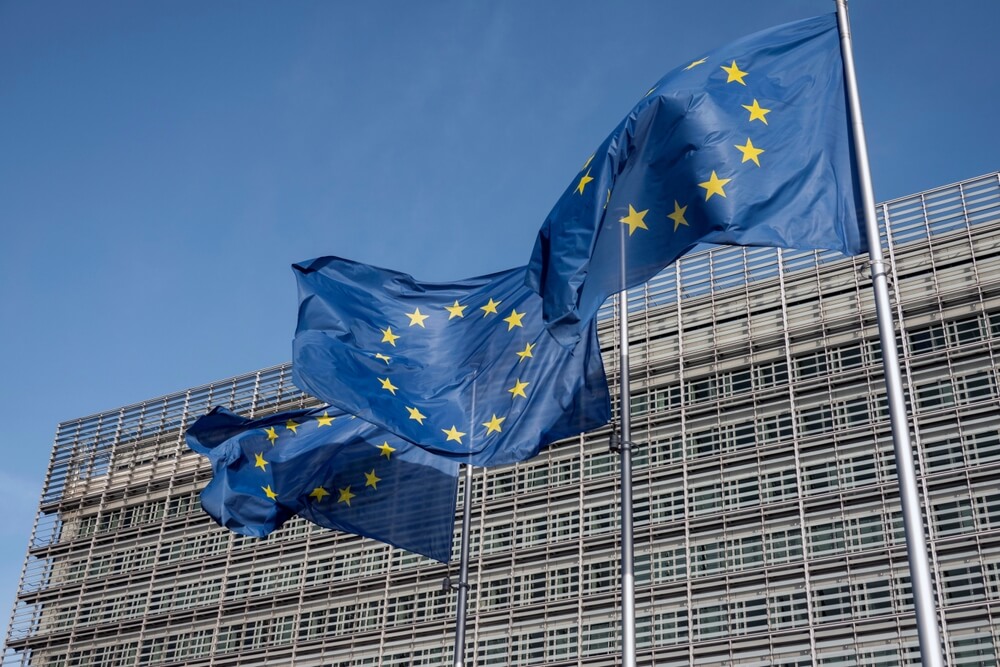The European Union has entered a new phase of regulating the digital space by launching an investigation into the X network under the Digital Services Act (DSA). At first glance, the case seems narrow and technical, but it contains key messages about how user trust and the access of the biggest tech companies will be defended in the coming years.
On 19 October 2022, the DSA passed and became effective on 16 November of the same year. The main provisions for all platforms began to apply on 17 February 2024, while the obligations for very large platforms, i.e., those with more than 45 million monthly users within the EU, were enforced on 23 August 2023.
The aim of the law is not to stifle innovation but to establish clear obligations for such platforms to remove illegal and harmful content while protecting the fundamental rights of users. The previous framework did not provide for the massive dissemination of disinformation or manipulative techniques that mislead users about the reliability of posts and accounts.
Not just an administrative task
The X Network, formerly known as Twitter, was acquired by Elon Musk on 27 October 2022. During 2023, the platform was renamed X, and a blue check verification billing system was introduced.
This innovation generated significant revenue but also changed the perception of users. The blue check is no longer only perceived as a sign of authenticity of public figures or institutions but also as a guarantee that the content has been verified by the platform owner.
This is precisely what the European Commission considers an element of deception.
At the end of December 2023, the Commission made the first request for additional information on the method of billing blue checkmarks and the criteria for granting verification status. The platform responded to this request but refused to provide some of the internal documentation.
Following a detailed analysis of the available data, the Commission initiated formal proceedings on 19 June. X now has two months to submit a comprehensive report on the procedures and the revenue model. If the responses submitted do not meet the requirements, the DSA provides for fines of up to six per cent of annual global revenue or a temporary ban from the EU market.
The example of X will be used to examine the reach of the body that implements the Digital Services Act and protects users' rights
This possible sanction is not a purely hypothetical threat. The European Commission has already imposed heavy fines on technology companies: Meta was fined €1.2 billion in 2022 for breaching the General Data Protection Regulation, and Google was fined €4.34 billion in 2018 for abusing its market position on the Android platform.
This time, the example of X will be used to examine the reach of the body that implements the Digital Services Act and protects users' rights. If the Union applies the rules consistently, the same kind of punishment will send a message to all companies that try to monetise the trust built up over previous decades.
Dealing with Company X is not just an administrative task. It is about the political balance between preserving the integrity of the digital space and avoiding the drain of investment or protracted litigation into which companies would pour all available resources.
Negotiations on European digital sovereignty and strategic autonomy are taking place in the background. While some Members of the European Parliament believe that there is no impact without strong examples, others warn that too harsh sanctions could discourage investment in innovative services.
Company X itself had cautious reactions. Official representatives emphasise that their primary goal is to combat disinformation, and the changes to the interface are aimed at increasing transparency.
The platform denies allegations of misleading design and has not admitted to any flaws in its verification policy.
Experts from xAI emphasise that meeting the Commission's requirements would require fundamental changes to the business model and several months of software solution development, which means uncertain costs for investors and a delay in entering the profitable phase.
Protecting user rights without exception
The European Commission and national DSA regulators are building a coordinated network to monitor compliance by very large platforms, share information, conduct joint investigations and develop guidelines through the European Board for Digital Services.
When X submits the requested documents at the Commission's request (Article 67), they are analysed in detail within two months. If irregularities are found, the Commission may initiate formal proceedings (Article 66) or accept binding measures offered by the platform (Article 71).
 By implementing consistent measures, the EU is sending a message to all technology companies that user trust will be protected without exception
By implementing consistent measures, the EU is sending a message to all technology companies that user trust will be protected without exception
In the event that these measures do not meet the requirements, fines or temporary restrictive measures are provided for.
Market analysts point out that the publication of an official decision on a DSA offence usually leads to a fall in the value of the platform's shares and to advertisers’ caution, but the actual impact depends on the nature and extent of the sanctions.
The success or failure of the X case will serve as a precedent for the application of DSA and test the transparency of large networks' revenue models. By implementing consistent measures, the EU is sending a message to all technology companies that user trust will be protected without exception.
The debate on the balance between protecting user rights and promoting innovation remains open. Europe's strategic autonomy in the digital space depends on its ability to enforce the law quickly and efficiently.
This is the moment when the balance of power between legislators and platforms that have introduced new communication standards and influenced public opinion will be defined. The consistent application of the law in the X case can show that overstepping the boundaries of manipulation will no longer go unpunished.